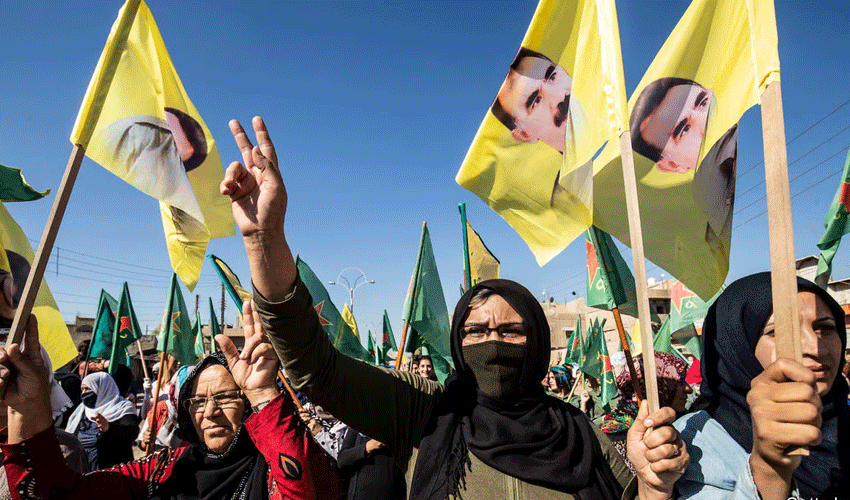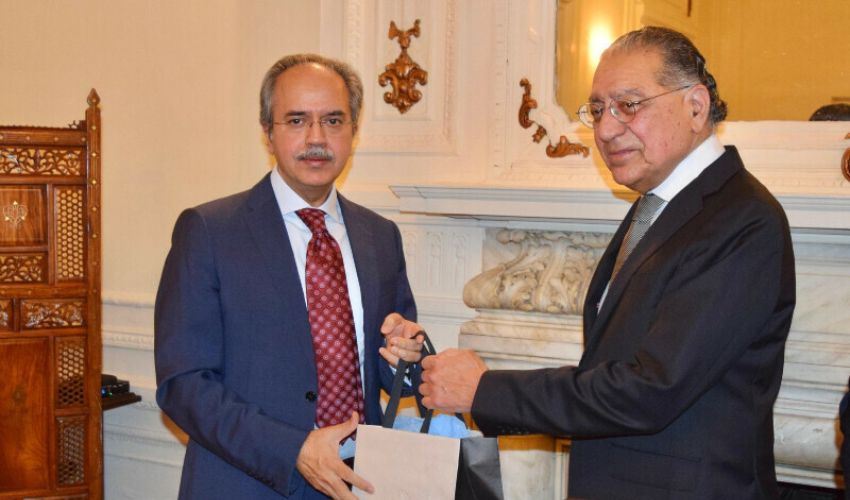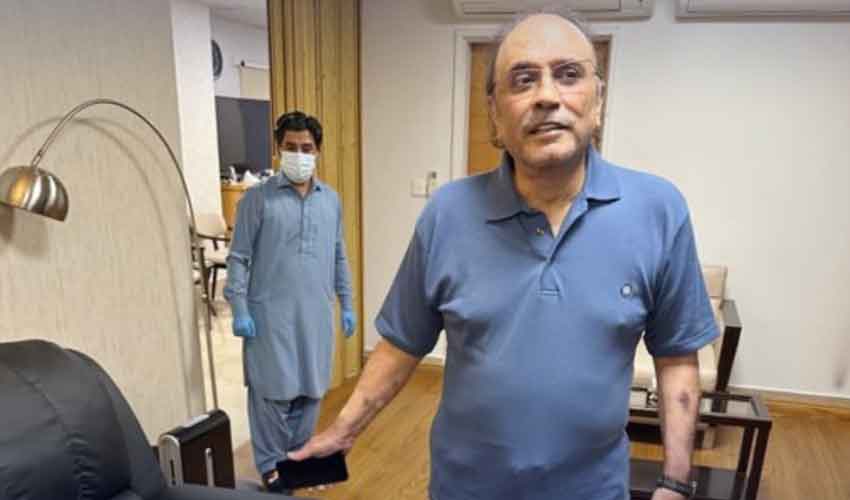The Kurdistan Workers’ Party (PKK) on Saturday declared a ceasefire in its decades-long conflict with Turkiye, following a call by its imprisoned leader Abdullah Ocalan to disarm.
In a statement carried by the pro-PKK Firat news agency (ANF), the group's executive committee said the ceasefire was being implemented “to pave the way” for Ocalan’s appeal for peace.
“We agree with the content of the call as it is, and we say that we will follow and implement it,” the statement read, adding that PKK fighters would not engage in armed action unless attacked.
The declaration comes after Ocalan, 75, made a rare appeal from prison on Thursday, urging the PKK to lay down its arms, dissolve itself, and bring an end to the armed insurgency against the Turkish state.
The PKK also expressed hope that the Turkish government would release Ocalan, who has been held in near-total isolation on Imrali island since his capture in 1999. The group argued that his release was necessary for overseeing a disarmament process and creating the “political and democratic conditions” for lasting peace.
Turkiye’s response
The announcement was met with caution in Ankara, with President Recep Tayyip Erdogan warning that Turkiye’s military operations against the PKK would not cease unless the group fully disarmed.
“We will always keep our iron fist ready in case the hand we extend is left in the air or bitten,” Erdogan said at a Ramadan fast-breaking dinner in Istanbul on Saturday.
He further stated that military operations would continue “if necessary, until we eliminate the last terrorist without leaving a single stone on top of another, without leaving a single head on his shoulder.”
Vice President Cevdet Yilmaz, however, signaled cautious optimism, describing the ceasefire as a “new phase” in Turkiye’s efforts to eradicate terrorism. “We hope that this opportunity will be seized, and the process will be concluded quickly and successfully,” he posted on X.
Erdogan, who had earlier described Ocalan’s appeal as a “historic opportunity” for peace, said his government would monitor developments closely to ensure the process was brought to a “successful conclusion.”
Conflict spanning decades
The PKK, which was founded in 1978, has waged an armed insurgency against the Turkish state since 1984, seeking greater autonomy for the country’s Kurdish population, which constitutes about 20 percent of Turkiye’s 85 million people.
The conflict has claimed more than 40,000 lives and has seen multiple failed peace efforts, most recently in 2015. Turkiye, along with the United States and the European Union, designates the PKK as a terrorist organization.
Despite being jailed for treason, Ocalan remains a key figure in the Kurdish nationalist movement and continues to exert influence over the group.
In its statement, the PKK said it was willing to convene a congress to implement Ocalan’s call but stressed that this would require “a suitable secure environment” and that Ocalan himself should be allowed to “direct and lead it” for its success.
Regional implications
The ceasefire declaration has drawn regional interest, with Iraq welcoming Ocalan’s call for disarmament as a “positive and important step” toward stability.
The PKK’s presence in northern Iraq has long been a source of tension between Baghdad and Ankara, with Turkiye regularly launching air and ground operations against PKK targets in the Kurdistan region, where the group maintains positions.



























